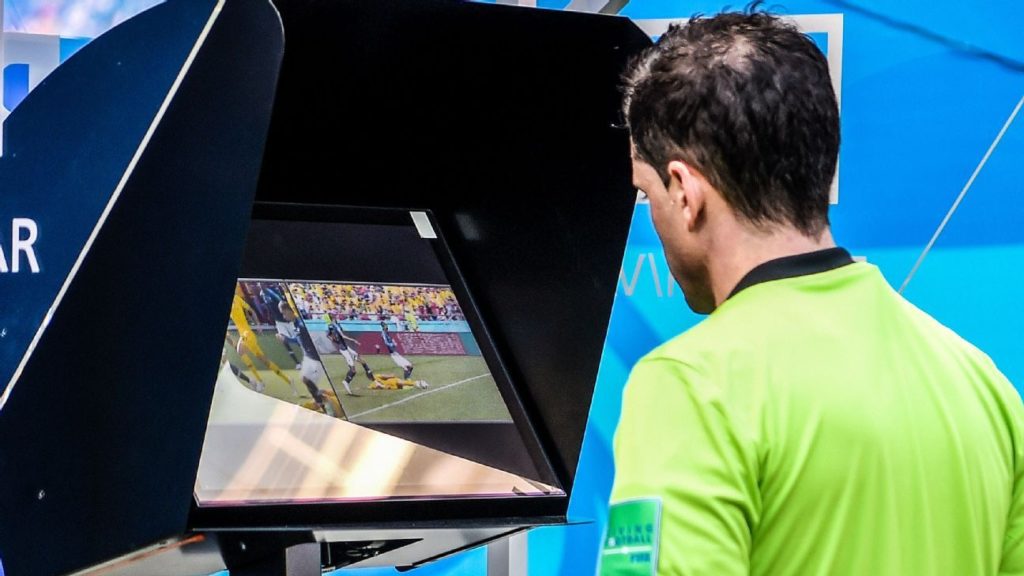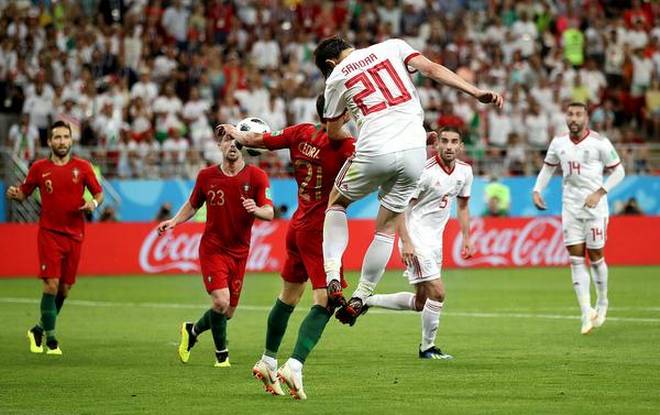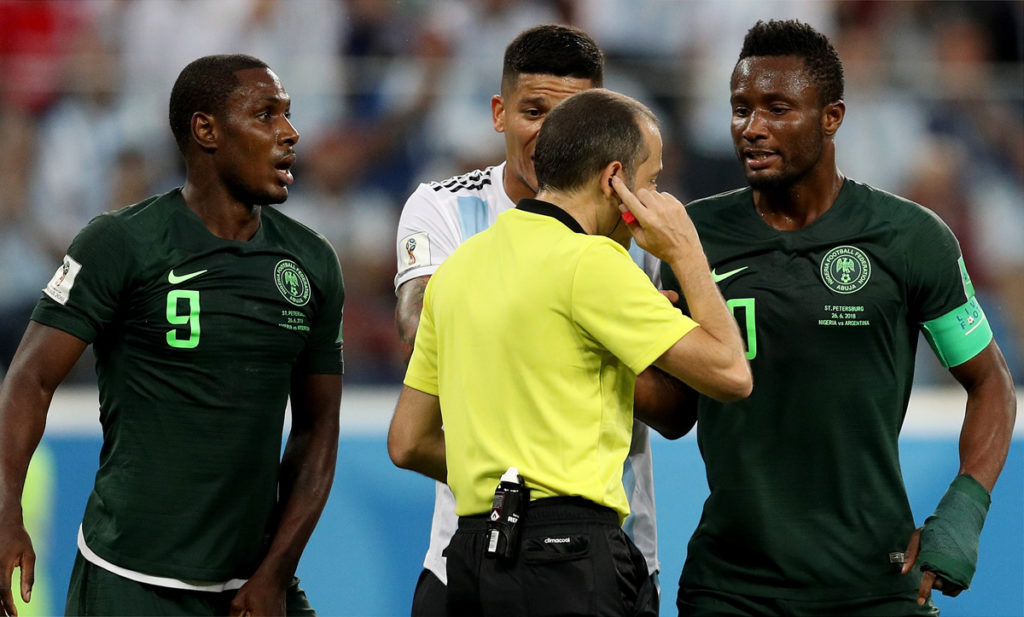
The 2018 FIFA World Cup is the first major international football to use the new video refereeing system VAR (Video Assistant Referee). The system is football’s first attempt at using video technology to aid in refereeing decisions. The idea is to help the on-field official make the right call – and stop them making a howler that could cost a side the game.
Diego Maradona; Former Argentine professional footballer and manager has this to say about VAR. “Technology brings transparency and quality and it provides a positive outcome for teams who decide to attack and take risks.”
Another Argentine legend Javier Zanetti added his voice; “I support the use of VAR. I believe it is an element of greater justice for the game and for the teams.”
Karl-Heinz Rummenigge, CEO of FC Bayern Münich said, “I am convinced that VAR will establish itself in all important football competitions, quickly, I hope.”
Here are five essential facts we need to know about VAR.
• A video assistant referee team supports the match officials during all 64 matches.
• The video assistant referee team is located in a centralized video operation room in Moscow.
• The video assistant referee team has access to all relevant broadcast cameras and two dedicated offside cameras.
• The video assistant referee does not take any decisions; he supports the referee in the decision making process and the final decision can only be taken by the referee.
• Football fans will be informed about the review process by broadcasters, commentators and infotainment.

What decisions is VAR used for? The video assistant referee can be called upon for four key on-field incidents. These are: awarding goals, penalty decisions, red card decisions and cases of mistaken identity.
How has VAR helped officials during the World Cup?
With the inclusion of VAR, 28 penalties have been awarded in 56 matches so far. It is the highest number of spot kicks awarded at any FIFA World Cup. The first game to see a major VAR decision came in Kazan Group C opener between France and Australia. Antoine Griezmann 58th minute penalty strike was earned thanks to a video referee referral.
VAR is exposing masked defensive mistakes; in the pre-VAR era, defending players could get away with technical fouls, attacking players simulate fouls to deceive referees in order to get calls in their favor. However, the elephant in the room is the consistency from referees. The interpretation of rules after the benefit of viewing incidents in the Referee Review Area (RRA) needs to be stable. Two similar incident happened during the group stage matches; Iran was awarded a penalty in their game against Portugal at the Mordovia Arena, a handball by Cedric Soares seemed a bit dubious but the resultant spot kick levelled the scores on the night and saw the Portuguese lose top spot in the group to Spain. The other incident happened at Saint Petersburg in game between Nigeria and Argentina a night after the Iran Portugal game. Marcos Rojo defensive header landed on his hand before coming off his body and after taking listening to VAR officials from Moscow and RRA review, the referee felt the handball wasn’t sufficient enough to issue a spot kic. Both incident are similar but the interpretation of the law hasn’t been whilst acknowledging that the referees on both nights are different.

With the stakes in the game higher than ever, football authorities decided to introduce technology to assist humans but the interpretation and application of the laws guiding the game is still at the judgement of the man in the center. VAR has helped tremendously in reducing post game analysis, arguments, opinions and point of views of passionate fans and analysts but in the search of a perfect system, this new innovation and referee interpretation will need to evolve continuously to meet with the dynamic demands of the game. This is the new challenge for Pierluigi Collina, Chairman FIFA Referees’ committee and Massimo Busacca, FIFA Head of Refereeing Development.
The World Cup gets into the crucial stages; the Quarter Finals begin on Friday, strong refereeing not the one we saw at the Spartak stadium in the Round of 16 match between Colombia and England will be required during all the four matches at the stage.
Predict and win big in the last eight matches left at the 2018 FIFA World Cup by visiting Babaijebu.ng